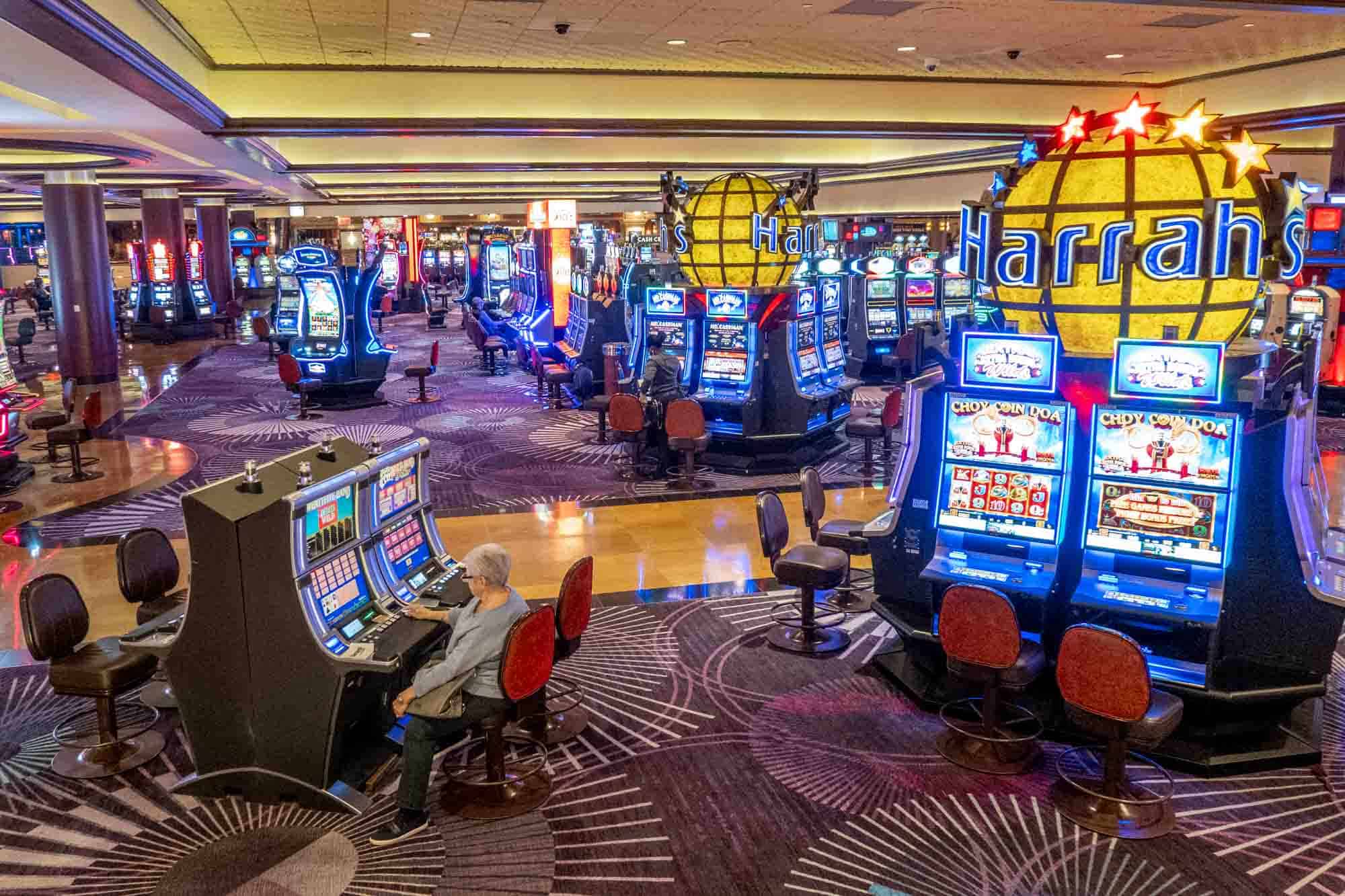
Gambling games have long been an integral part of human culture, providing not just entertainment but a fascinating reflection of our hopes, wishes, and fears. From the rotating wheels of a slot machine to the tactical play of poker, these games represent a variety of human emotions and experiences. At their core, casino games are more than a chance to earn cash; they are a reflection of life itself, where risk and reward converge and fate can change in an instant.
As players gather around tables or sit in front of glowing machines, they take part in a tradition that transcends mere betting. These games mirror our natural desires for connection, thrill, and the pursuit of luck. They also disclose deeper truths about human behavior, such as our relationship with fate and the excitement of the unknown. In exploring casino games, we reveal not only the mechanics of play but also the complex weave of the human experience, showcasing our interconnected narratives of hope and reality.
The Mind Behind Gambling
Gambling is deeply rooted in the psyche of individuals, tapping into various emotions and wants. The excitement of taking risks is a fundamental aspect that draws players in, whether the thrill of spinning a roulette or the anticipation of drawing a winning card in a poker game. This rush of adrenaline is often compared to other forms of thrill, as the unpredictability of outcomes triggers a distinct psychological response. Players often become captivated by the possibility of striking it rich, leading to an almost magnetic draw toward casino games. đăng ký 77win
Another, an essential component of the psychology behind gambling is the concept of optimism and aspiration. Participants often indulge in fantasies of financial freedom and the opulent lifestyle that can follow winning. This optimism fuels their continued participation in gambling, as it provides a sense of meaning and the belief that a life-changing win could be just one wager away. The story of beating the odds and achieving success resonates with many, reinforcing their dedication to play and involve themselves with these games.
Finally, social dynamics play a significant role in gambling psychology. Casino environments are designed to promote social interaction, where gamblers gather to share the experience of wins and losses. This communal aspect not only enhances enjoyment but also influences behavior, as individuals often mimic the actions of others around them. The collective approval found in shared excitement can enhance the emotional experience, making casino games a reflection of not just personal desires but also collective engagement within the gambling community.
### Risk and Reward: A Double-Edged Sword
Casino games embody the subtle balance between danger and reward that resonates profoundly with human nature. The rush of placing a wager is often accompanied by a surge of excitement, as players are confronted with the prospect of a huge payout, yet conscious of the potential to suffer losses. This twofold experience reflects a core aspect of life: the paths we choose often come with built-in risks, and the chase for gain can drive us to make risky moves we might not typically consider. In this way, gambling activities mirror real-world choices, enticing gamblers to gamble not just their funds, but also their aspirations.
The allure of jackpot prizes and winnings fuels a sense of optimism, encouraging players to envision a brighter future that could manifest from a single victorious spin of the roulette or flip of a card. This optimism can compel individuals to engage in more daring actions, pushing them to push their boundaries in search of financial gain. However, just as in life, the outcomes of these risks can lead to both triumph and failure. The narratives of both big winners and those who have faced losses everything at the casino demonstrate the chaotic nature of chance and its significant effect on our existence.
Ultimately, the experience of engaging with casino games serves as a strong reminder of the human condition. Every round played is loaded with the tension of risk, as players weigh the rewards against the risks. This balance not only highlights the excitement that comes with gambling but also exposes the risks that come with the desire for more. As we navigate the challenges of choice and results in both the casino and in life, we find that the pursuit of risk and reward shapes our character and journeys in deep ways.
Society and Loneliness in Casino Culture
Casino environment is a special blend of social engagement and personal endeavor, reflecting the dualities of individual experience. Gamblers often come together around games, experiencing in the thrill of the game, rejoicing in wins, and sympathizing over losses. This social aspect is essential, as it creates a sense of belonging and bonding among diverse groups of people. 77win Regular attendees to gaming establishments may form friendships and establish routines, turning the casino into a alternative home where they experience linked to a greater community of players.
However, the allure of casino activities can also lead to isolation. As individuals become engrossed in the thrill of playing, they may isolate from personal connections or neglect to engage with the world outside the casino. For some, the search of a windfall can overshadow real relationships, leading to loneliness. The situation of being among people yet experiencing solitary is not rare, as the focus shifts from shared enjoyment to the private concerns of each individual’s path.
This interaction of society and solitude creates a rich tapestry that defines casino atmosphere. It showcases the complexity of social interactions, where happiness and despair exist together. Casinos serve as both a sanctuary for social interaction and a platform for individual struggles, demonstrating how intimately connected our yearning for companionship and the individual quest for fortune can be. In navigating this landscape, gamblers confront their own stories—seeking both the thrill of the wager and the companionship of other gamblers, eventually reflecting the wider spectrum of individual experience.